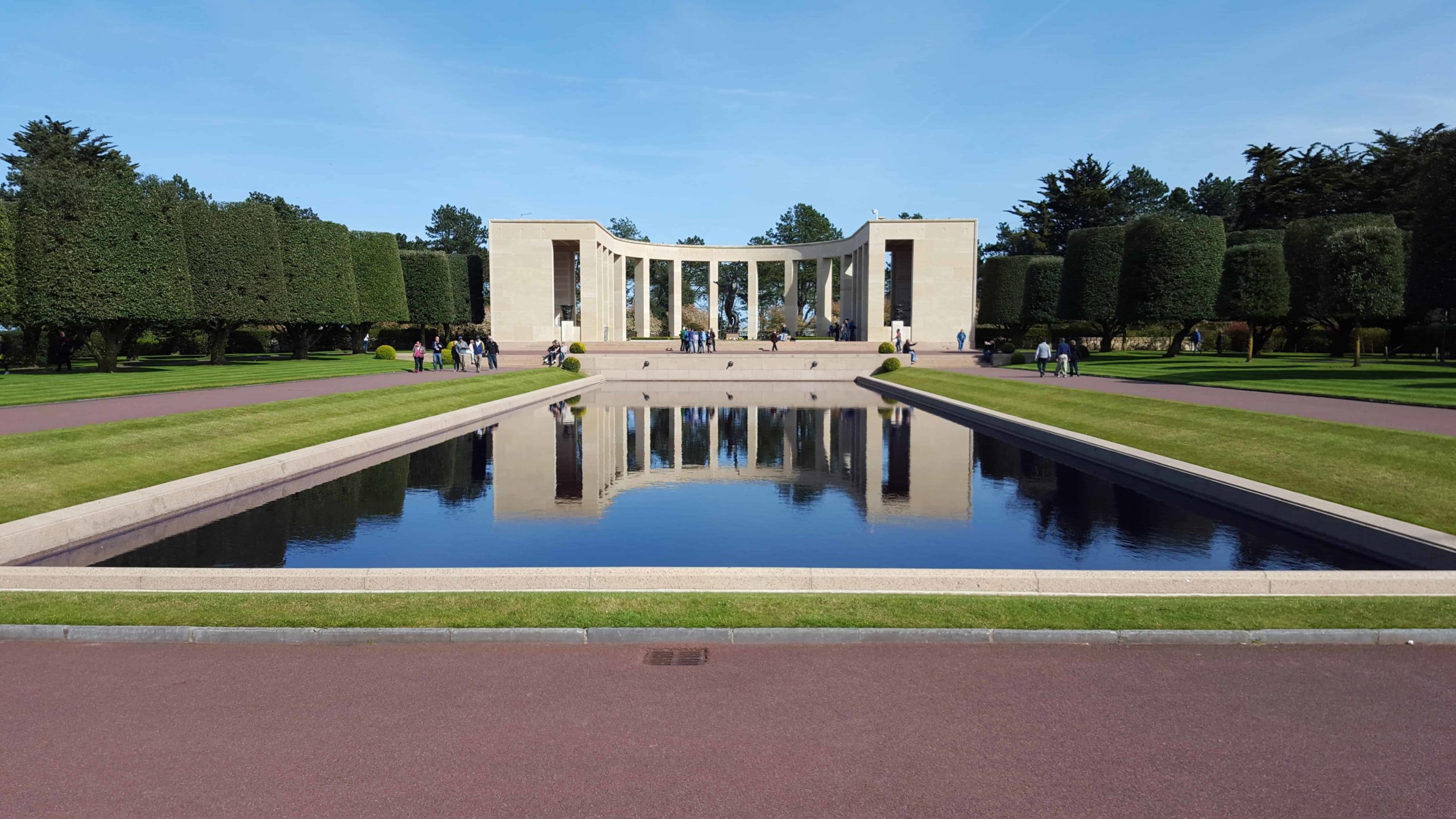Today, the 31st of May, Liberation Route Europe (LRE) has signed a destination contract together with the public and private partners of the remembrance tourism sector in Normandy. By signing this agreement, LRE officially joins this regional network of destination partners and in this capacity it will serve as their European extension.
he signatory parties, that consists of national and regional authorities, tourism boards and museums, will strengthen their ties in developing the Normandy region as one of the leading remembrance tourism destinations in Europe. Together they bring to mind the important role Normandy has played in the construction of modern Europe and lasting peace. Today the museums and sites representing the historical Battle of Normandy generate already more than 5 million visitors a year.
The director of the Liberation Route Europe Foundation, Victoria van Krieken, is very delighted with signing this document. “Since four years Normandy is one of our key partners throughout Europe that combines World War II remembrance with international tourism in a unique way”, she tells. “It is important for us to commit to this high level initiative and to jointly develop this unique way of bringing the many stories of war and liberation to a wide audience across the world”.
Next to the economical development of the Normandy region the partners also commit themselves to putting forward the universal and eternal values of peace, democracy and reconciliation. According to Victoria Van Krieken, “the LRE aligns itself to these values and is therefore an ideal partner for the region in passing on the memory of World War II to the public at a larger international scale.”
Liberation Route Europe
The Liberation Route Europe follows in the footsteps of the Western Allies in 1944 and 1945. The remembrance trail runs through Great Britain, France, Belgium, the Netherlands, Germany, Italy and Poland. Experience the personal stories of the time and reflect on the price that was paid for a free Europe. The Liberation Route Europe consists of a multidisciplinary network including relevant museums, tourism organisations, governments and historians. Together, they want to keep the memory of World War II alive. You can find out more about the struggle for freedom on the website and app, available in five languages. For more information, see www.liberationroute.com. Thanks to the support of the Dutch vfonds (National Foundation for Peace, Freedom and Veteran Support), the Liberation Route Europe Foundation can work continuously on the expansion of its route and products.
